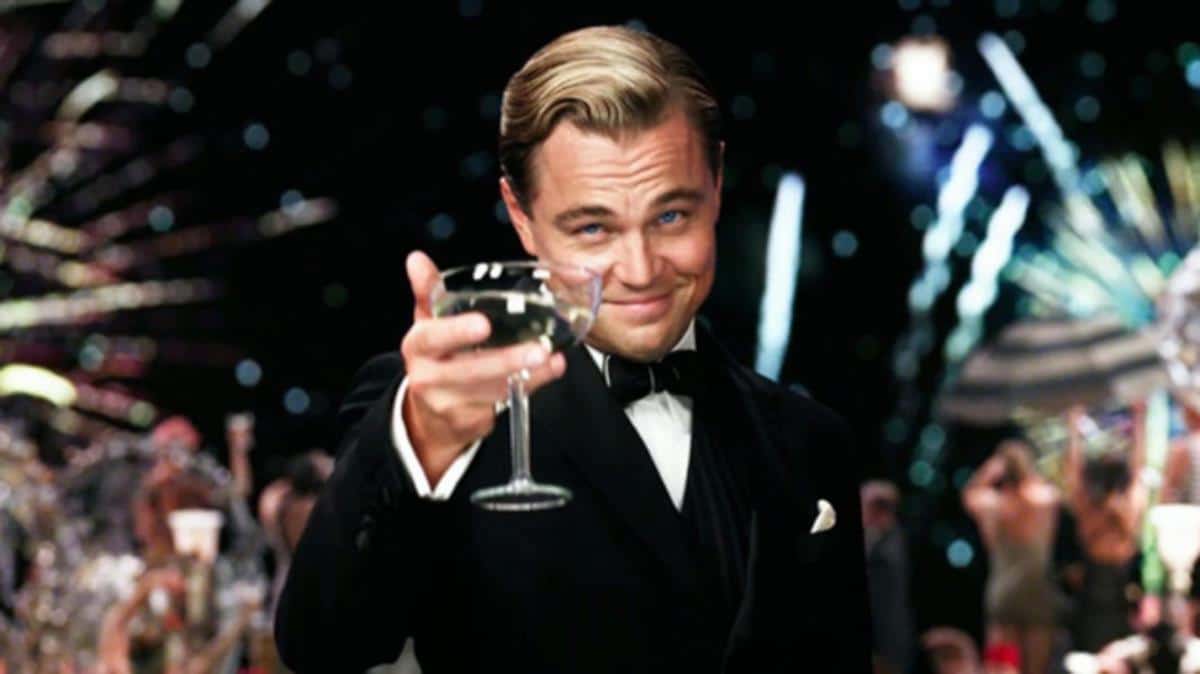The Great Gatsby is a visually stunning film that delves into the complexities of love, wealth, and the pursuit of happiness. Directed by Baz Luhrmann and adapted from F. Scott Fitzgerald’s 1925 novel, the film takes viewers on a journey through the lavish and glamorous lives of the wealthy in 1920s America.
The story is narrated by Nick Carraway, a young man with his own psychological issues who finds solace in his friendship with the mysterious billionaire, Jay Gatsby. As Nick moves to the affluent neighborhood of West Egg and becomes curious about his enigmatic neighbor, the audience is introduced to a world of extravagant parties, love affairs, and tragic secrets.
One of the main plotlines in the film revolves around the relationship between Gatsby and Nick. Gatsby, played by Leonardo DiCaprio, is a self-made millionaire who is deeply in love with Nick’s cousin, Daisy Buchanan, beautifully portrayed by Carey Mulligan. However, Daisy is married to Tom Buchanan, played by Joel Edgerton, a wealthy man who cheats on Daisy with another woman. The film explores the complexities of the love triangle between Gatsby, Daisy, and Tom, as well as the consequences of their actions.
Through Nick’s eyes, the audience witnesses both the glamour and the darker side of the wealthy elite. The parties at Gatsby’s grand mansion are portrayed as extravagant and extravagant, filled with opulent costumes, music, and dancing. However, beneath the surface, there is an underlying sadness and emptiness that permeates these gatherings. The film effectively captures the decadence and excess of the era, while also portraying the shallowness and hollowness that often accompanies it.
While the wealthy live a life of luxury, the film also sheds light on the struggles of the less fortunate. The contrast between the opulence of West Egg and the poverty of the Valley of Ashes highlights the vast disparities in wealth and opportunity during this time. The Great Gatsby reminds us that the pursuit of wealth and the American Dream is not always as glamorous or fulfilling as it may seem.
As the film progresses, the tragic consequences of obsession and the pursuit of an unattainable dream become evident. Gatsby’s relentless pursuit of Daisy, fueled by his desire to recreate the past and reclaim lost love, ultimately leads to his downfall. The film serves as a cautionary tale about the dangers of fixating on an idealized version of the past and the destructive nature of unfulfilled dreams.
In conclusion, The Great Gatsby is a captivating film that explores themes of love, wealth, betrayal, and the illusion of the American Dream. It offers a visually stunning portrayal of the Roaring Twenties, showcasing both the glamorous lives of the wealthy and the struggles of the less fortunate. Through the tragic story of Jay Gatsby and his doomed pursuit of love and wealth, the film reminds us of the importance of staying grounded in reality and finding happiness in the present. The Great Gatsby is a must-watch for anyone interested in delving into the complexities of human desires and the consequences of our actions.




